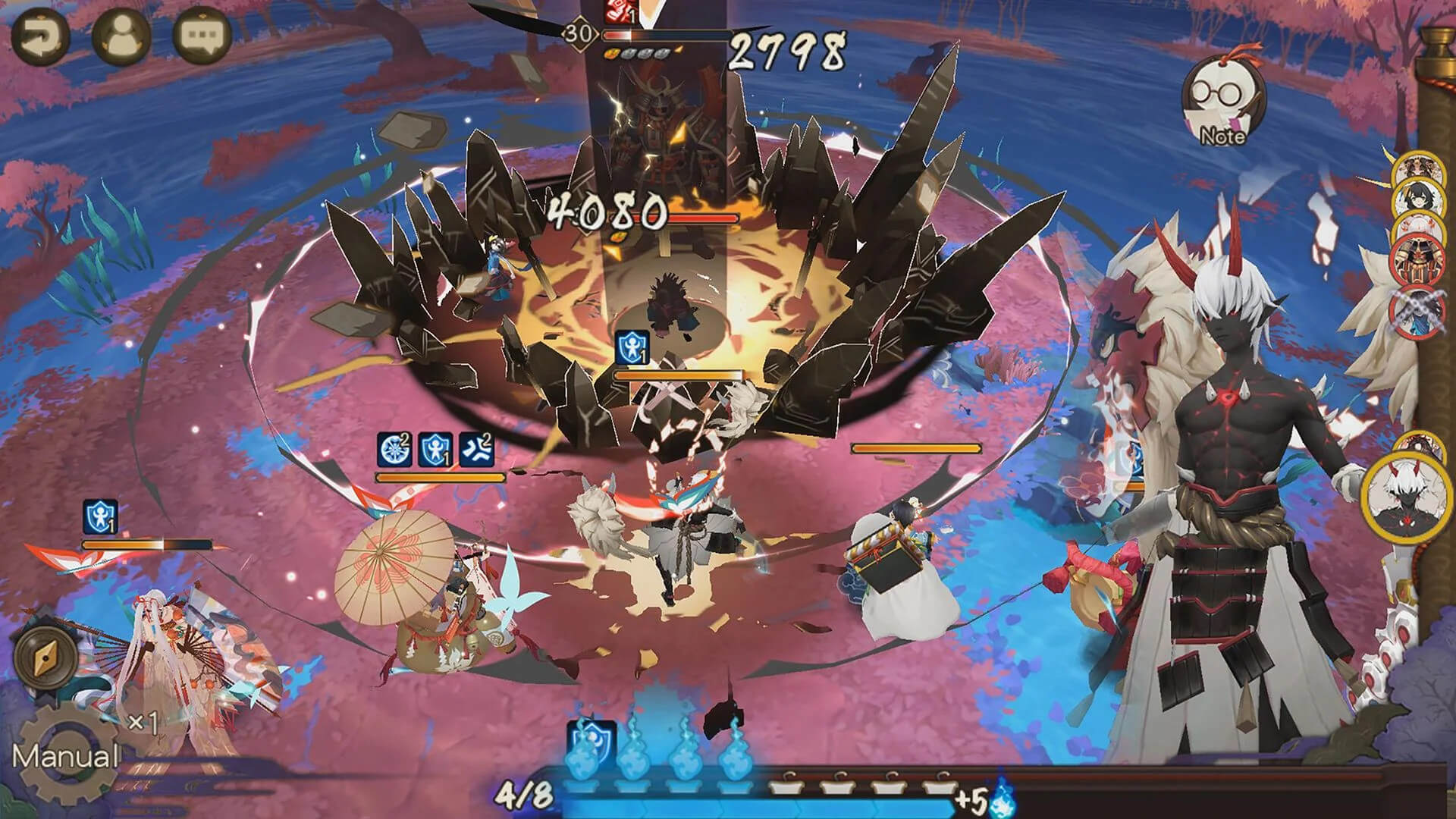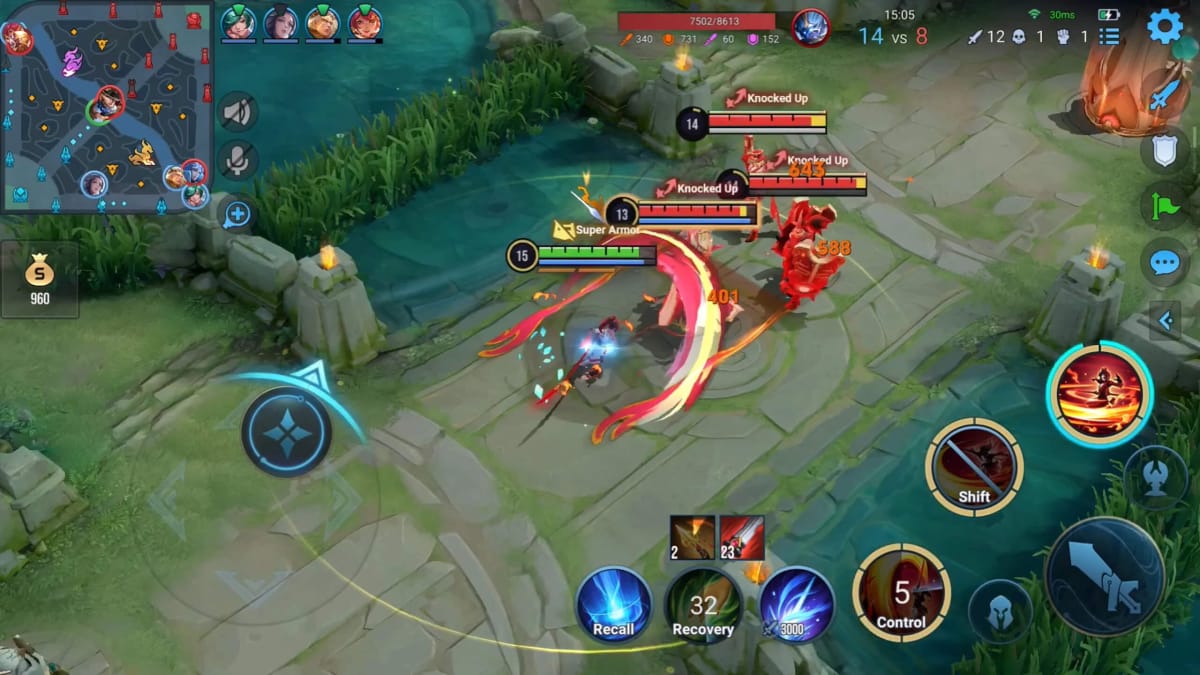The Chinese government has declared a preliminary victory in battling gaming addiction amongst minors, potentially paving the way for an easing of restrictions in the gaming world. According to Beijing, over three quarters of all under-18 gamers have successfully limited their play time to just three hours a week.
The South China Morning Post cites what it calls "China's semi-official gaming industry association", the China Audio-Video and Digital Publishing Association, for this data. A report by the association suggests that over 75% of gamers aged 18 or under are now playing video games for three hours a week or fewer. This has led the association, and by extension Beijing, to declare the issue of gaming addiction in minors "basically solved".
This follows the Chinese government coming out in support of video games last week via a piece published by state-owned news platform People's Daily. In that piece, People's Daily suggested that gaming could be a force for good in terms of technological advancement and cultural dissemination, marking some of the first overtly positive words from the Chinese government regarding gaming in a very long time.

The restrictions in question were imposed last year and limited gamers under the age of 18 to playing games for just one hour on Fridays, Saturdays, Sundays, and state holidays. Said restrictions only seemed to apply to online games, but given that many of China's most popular games (such as Honor of Kings or Onmyoji) are online offerings, this affected vast swathes of the gaming industry.
As a result of this, and of the Chinese government referring to video games as "spiritual opium", the Chinese gaming industry suffered. A freeze of several months saw Beijing approving no new games until April this year, although approvals have since started up again, including the first approval for gaming giant Tencent in a year and a half earlier this month. In addition, a report by Asia gaming analytics firm Niko Partners showed that the number of young Chinese gamers has dropped by 40 million since the restrictions were introduced.
It remains to be seen whether Beijing's recent comments are indicative of a thaw in its attitudes towards video games, but it's hard not to see it that way. State news platforms and state-affiliated institutions seem to be going out of their way to praise games (and their own efforts to regulate the industry, of course), so there's every chance we might see an easing of these restrictions, or at least a rephrasing of them, soon.
Sony certainly seems to think this might be the case, as it's investing in developers in China in an effort to shore up its presence there. That, combined with the emergence of major Chinese gaming projects like Black Myth: Wukong or Project: The Perceiver, suggests that the Chinese gaming industry is once again in ascendancy. Stay tuned for more.







